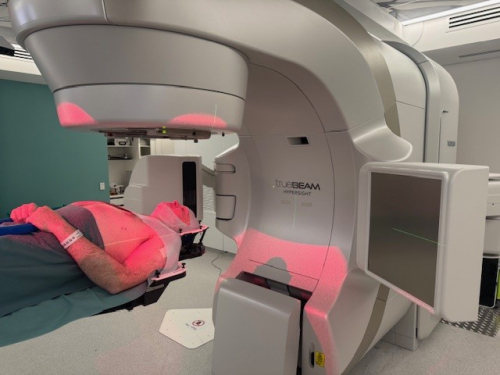The Alfred leads world-wide aspirin study
The long-held debate over the daily use of aspirin for patients at increased risk of heart attack and stroke has finally been answered, with researchers from around the world, led by The Alfred revealing it to be safe before surgery.
Results of the 10-year international study, published today in the New England Journal of Medicine, show that patients having heart surgery can safely take aspirin right up until the day of their procedure.
Lead author, and director of anaesthesia and perioperative medicine at The Alfred and Monash University, Prof Paul Myles said the results are significant for the hundreds of thousands of people who undergo open heart surgery around the world each year.
“The message is now simple – for coronary artery surgery, stay on the aspirin,” Prof Myles said.
More than half a million Australians with coronary artery disease take aspirin daily as prevention against heart attack, stroke and death, however there has been mixed practice over the past 15 years when preparing a patient for surgery.
“Some patients are kept on aspirin right up until surgery, while others are stopped on medical advice due to concern it may increase the risk of surgical bleeding,” Prof Myles said.
“Faced with conflicting guidelines from expert professional organisations we needed evidence to determine if the perceived increased risk of surgical bleeding could be outweighed by a beneficial effect of aspirin.
“Our study showed no increased risk of surgical bleeding, or need for blood transfusion so we now have clear evidence that aspirin can be safely continued up to the day of coronary artery surgery.”
More than 2000 patients were enrolled into the study in 21 hospitals across four continents.
The study was funded by a $3.5 million NHMRC grant, together with the support of the Australian and New Zealand College of Anaesthetists.


